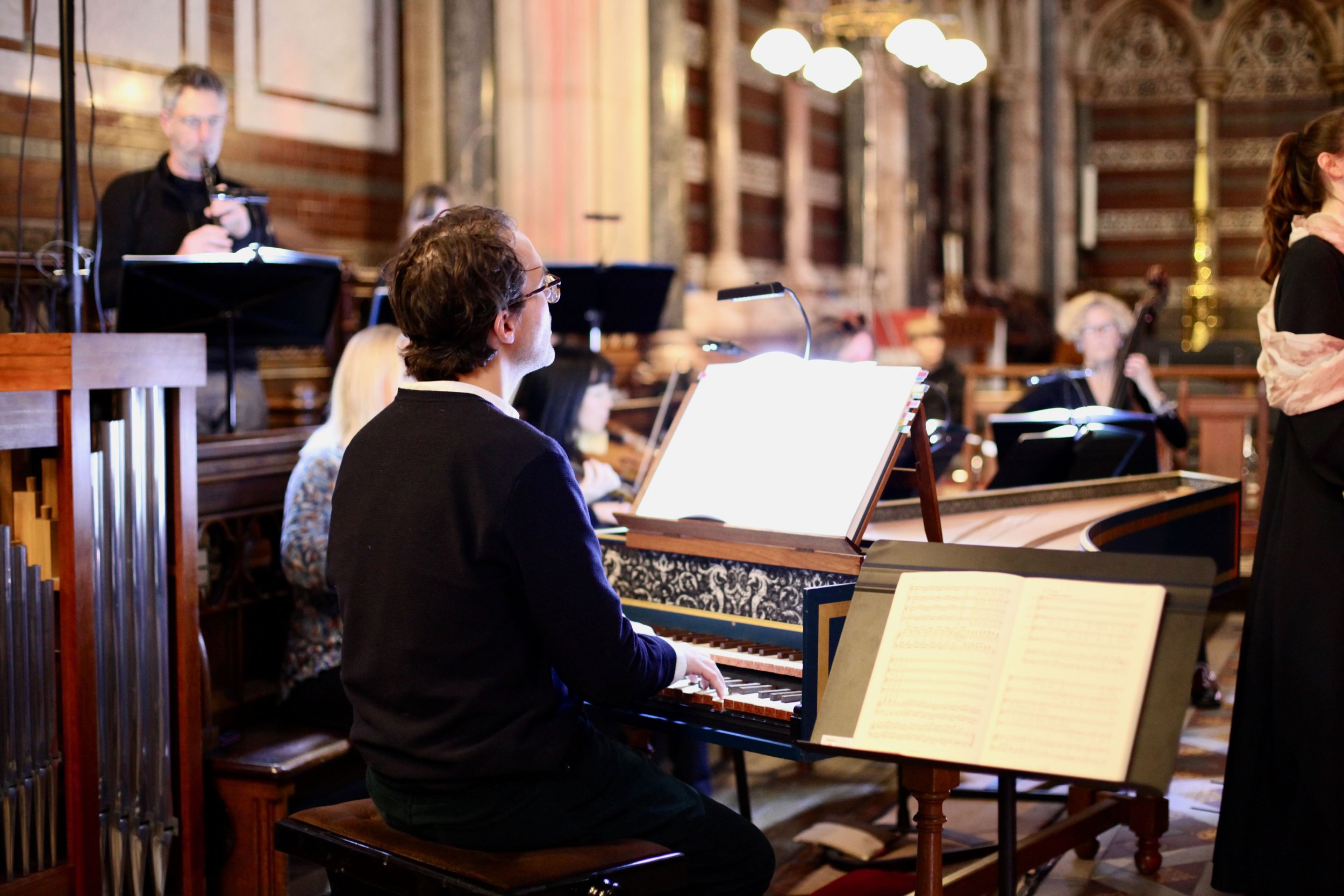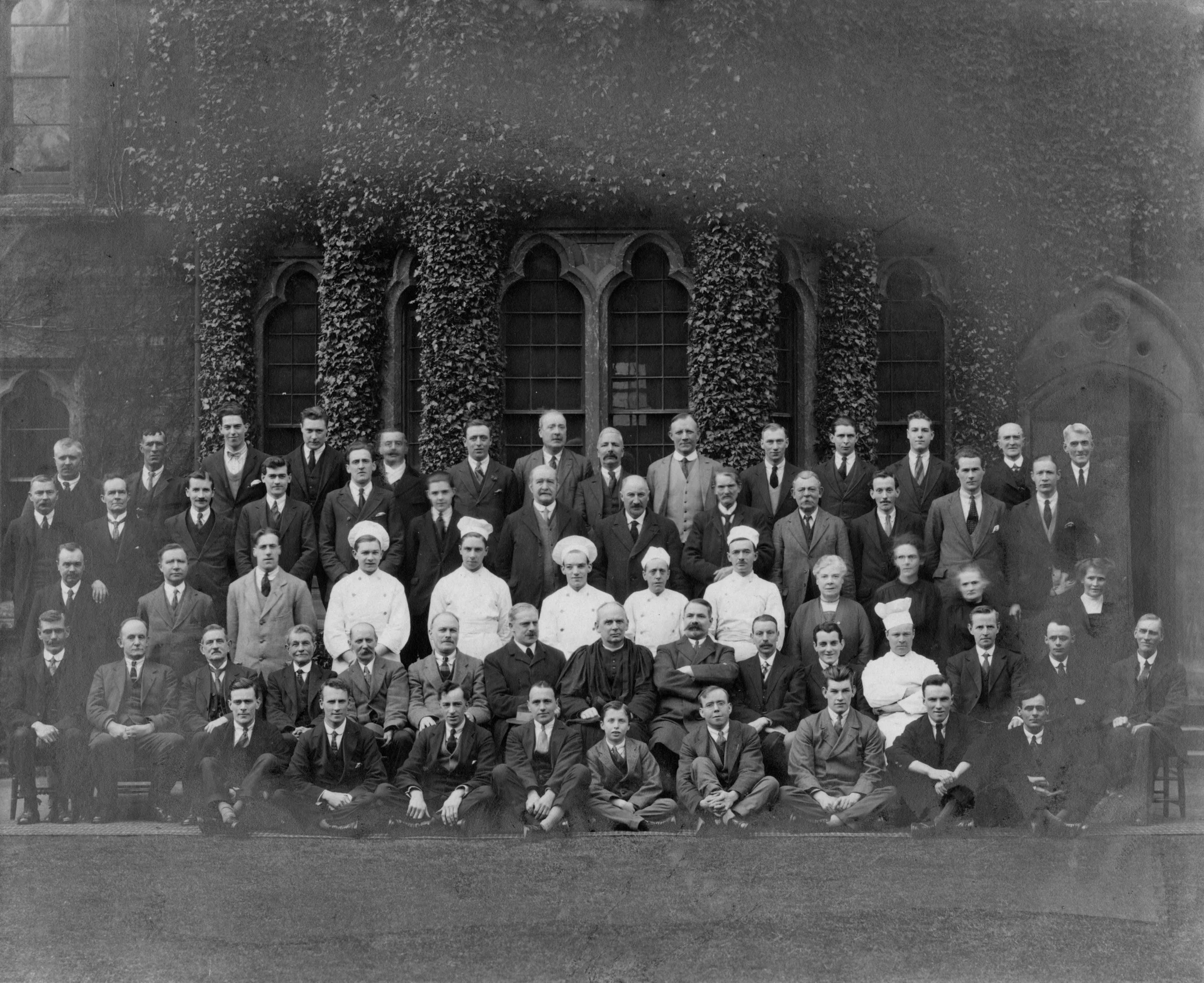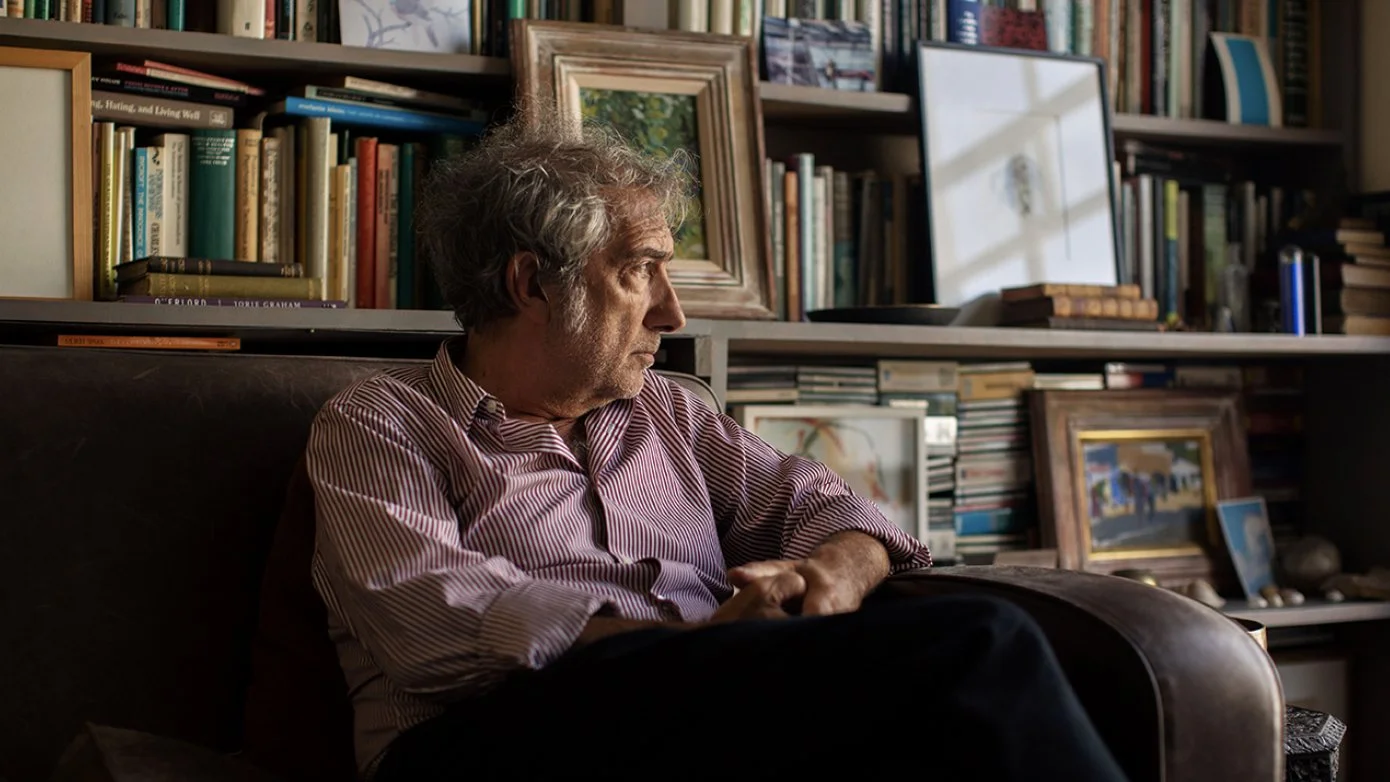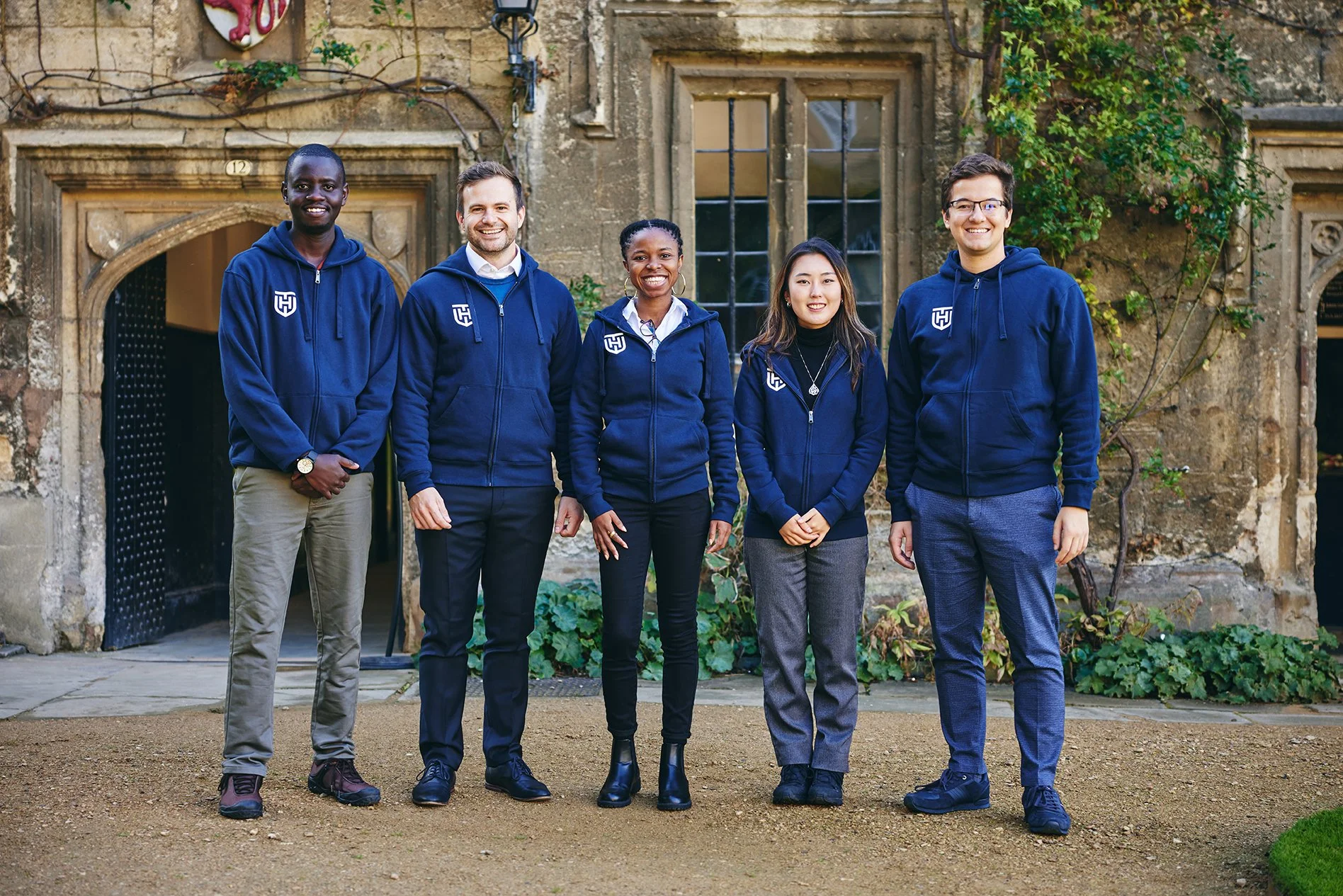Keble Early Music Festival 2024
Dress rehearsal for Handel’s pastoral opera, Acis and Galatea.
Christian Wilson, Director of Music, writes:
Keble’s Early Music Festival stands out as the only dedicated festival of its kind in a city bursting with other concert events. This may be surprising when considering the number of early music choirs and orchestras of international repute for which Oxford’s optimal educational and intellectual conditions helped to establish the foundations for future success: Wulstan’s Clerkes of Oxenford, Andrew Parrott’s Taverner Consort and Players, The Tallis Scholars, The Sixteen, Oxford Camerata, Cardinall’s Musick, and Stile Antico, to name but a few. And so, arriving at Keble in September 2023, I set about planning a festival with three main intentions: to maximise our educational remit by drawing on Oxford’s young musicians and experts, to provide variety across genres and repertoires, and to celebrate Oxford’s inheritance in early music performance. Retaining the four-day structure of previous years, we intensified our programme to include contextual spoken events, in addition to a busy schedule of lunchtime recitals and evening concerts.
Drawing on the success of previous years, the festival began once again with two popular workshop events held on 16 and 17 February. Oxford’s period ensemble, Instruments of Time and Truth, offered enthusiastic tutorship and expertise to school-aged students, in partnership with Oxfordshire County Music Service, and Thames Valley Early Music Forum returned to host a workshop event directed by Oxford’s own Edward Higginbottom. The educational theme continued through our programme of lunchtime recitals, with Oxford’s newest early music choir Antiquum Documentum kicking off the festival week on Wednesday with a programme of Tudor music, then on Thursday, a showcase of German and French baroque music on historic instruments from the Bate collection given by the Bate Collective (University students, directed by Jonathan Williams) and, on Friday, a programme entitled The Art of Innuendo for which Keble’s own Graduate Choral Assistants were joined by theorbo player Yair Avidor in a racy programme of lute song and madrigals.
Antiquum Documentum draws on five current members of Keble Choir, and, with seven of our Graduate Choral Assistants performing on the Friday, the week was a strenuous one for many members. Our Festival Evensong on Wednesday featured Victoria’s double choir Magnificat Primi Toni and Palestrina’s famed Sicut Cervus, and our sopranos provided embellished antiphonal chant from the organ loft for Thursday evening’s concert Divine Utterance prior to our evening Compline service at 9pm for which the full choir reunited to sing Spanish renaissance works by Esquivel and Lobo.
The 550th anniversary of the death of Franco-Flemish composer Guillaume Dufay (the dominant figure in European music of the second half of the 15th century) provided a wonderful opportunity to celebrate the composer’s virtuosic contribution to music in a concert entitled In the midst of death, there is life, given by the Binchois Consort, directed by Andrew Kirkman with Jamie Savan on renaissance slide trumpet. And on Thursday evening, Edward Higginbottom returned in a programme of baroque music composed for French convents by Richard Delalande and François Couperin, directing singers and viol from the organ. Then, on Friday, we welcomed Oxford-based musician and musicologist Andrew Parrott, firstly in a conversation with Nicholas Kenyon, discussing his life in music and 50 years of the Taverner Consort, and later in performance, narrating a musical voyage through 17th century English diarists including Pepys, illuminated by contemporary instrumental and vocal music, performed by eminent musicians including Jakob Lindberg (lute), Richard Boothby (viol), Charles Daniels (tenor) and others.
Saturday was devoted to two giants of 18th-century music — Bach and Handel. Harpsichordist Stephen Farr performed Bach’s famed Goldberg Variations in the O’Reilly Theatre, preceded by an informative discussion on the abiding legacy of this great work with musicologist and keyboardist Robert Quinney. Our final concert was special indeed, with Keble Choir preparing under the guidance of opera director Nicholas Heath for a staged and memorised performance of Handel’s pastoral opera, Acis and Galatea. Such a grand undertaking was made possible by the generous Endowment of the Festival by a small group of donors in recognition of the Wardenship of Sir Jonathan Phillips. The Chapel was transformed in colour through a profusion of lighting and ribbons providing the backdrop for a performance to a packed house given by Instruments of Time and Truth, Keble Choir, and soloists Anna Dennis, Maisie Lewis, Nicholas Mulroy and Neil Davies.
This year’s extra events only increased the work behind the scenes, much of which goes unseen or unheard, but without which the festival would simply fail to materialise. Our music administrator Pippa Thynne worked tirelessly to enable and ennoble this year’s festival and I’m extraordinarily grateful for her hard work, much of which takes place outside of office hours. Our team of Graduate Choral Assistants also provided valuable promotional support and leadership, juggling the responsibility with their own musical duties. These efforts helped to maximise attendance, and feedback thus far attests to a successful festival with glorious performances and satisfied audiences.







